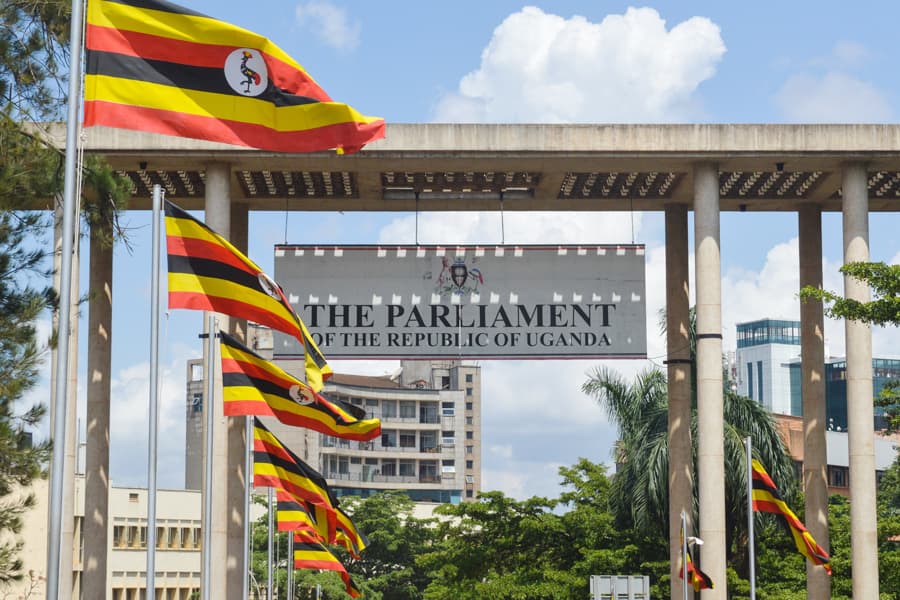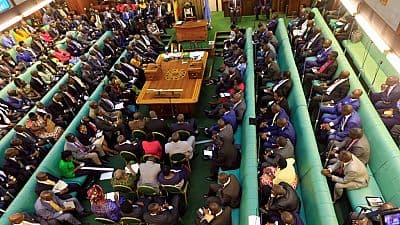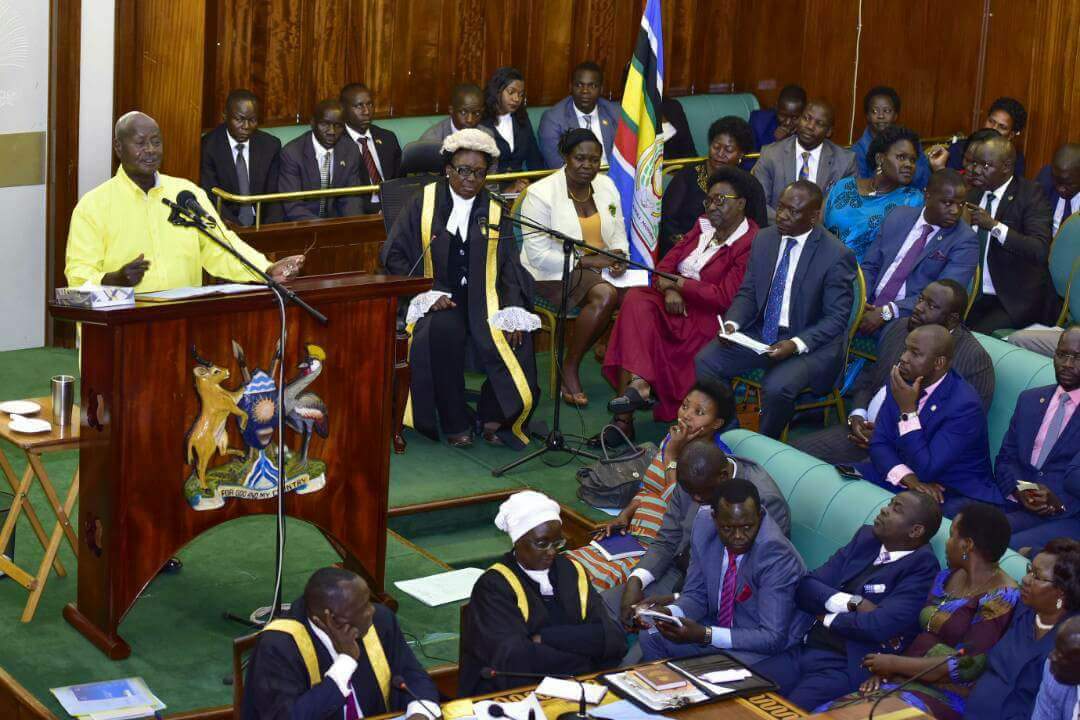Uganda’s Bloated Legislature: MPs Vote to Keep Oversized Parliament Amid Budget Strain

Uganda’s lawmakers have recently voted to maintain the current size of Parliament, despite increasing public concern over its rapid growth and financial burden. This decision has sparked renewed debate over the structure and efficiency of the country’s legislative body. One major driver is the rapid creation of new districts and subdivisions. Since the 1990s the number of districts has increased dramatically and each new district typically gets a Woman Representative and sometimes new constituency seats. As the commentary in Daily Monitor puts it: “The number of MPs has significantly increased due to the creation of new districts, rising from 39 in 1996 to more than 140 today, with each district receiving at least two MPs.” The constitutional provision for dedicated seats for women (one per district), youth, PWDs, workers, older persons and army representation adds up and makes a significant contribution.
The 11th Parliament of Uganda currently has 556 members. This number has steadily increased over the years, largely due to the creation of new districts and the inclusion of special interest group representatives such as women, youth, persons with disabilities, and workers. In 1996, Parliament had 283 members. By 2016, that number had grown to 449, and it now stands at more than 550.

Critics argue that this growth is unsustainable and unnecessary. Many civil society groups and opposition politicians believe a smaller Parliament would be more efficient and less costly. They point to the significant financial demands of a large legislature, including salaries, allowances and operational expenses. The parliamentary budget has nearly doubled in just a few years, rising from about 673 billion Ugandan shillings in the 2020/21 fiscal year to approximately 979 billion shillings in 2024/25. There is also concern about the quality of representation. Some argue that having more MPs does not necessarily translate into better governance or accountability. Surveys have shown that only a small percentage of Ugandans feel their MPs regularly listen to their concerns. Moreover, nearly half of respondents in recent polls believe that most MPs are involved in corruption.
Despite these concerns, efforts to reduce the size of Parliament have not gained traction. A proposal to limit the number of MPs was reportedly rejected by President Yoweri Museveni during a National Resistance Movement caucus meeting. He and others in the ruling party argue that a larger Parliament ensures adequate representation for people in remote and underserved regions. Opposition members and political analysts, however, suggest that the continued expansion of Parliament may be driven by political incentives. Creating new constituencies and seats can be a way for the ruling party to expand its influence and reward loyal supporters.

The decision to retain the oversized Parliament has several implications. It places a growing strain on public resources, potentially diverting funds from essential services like health and education. It also raises questions about the effectiveness of legislative oversight and law-making in such a large and increasingly fragmented body.
For now, Uganda’s Parliament remains one of the largest in Africa, whether this serves the country’s democratic goals or hinders them remains a subject of ongoing debate.
